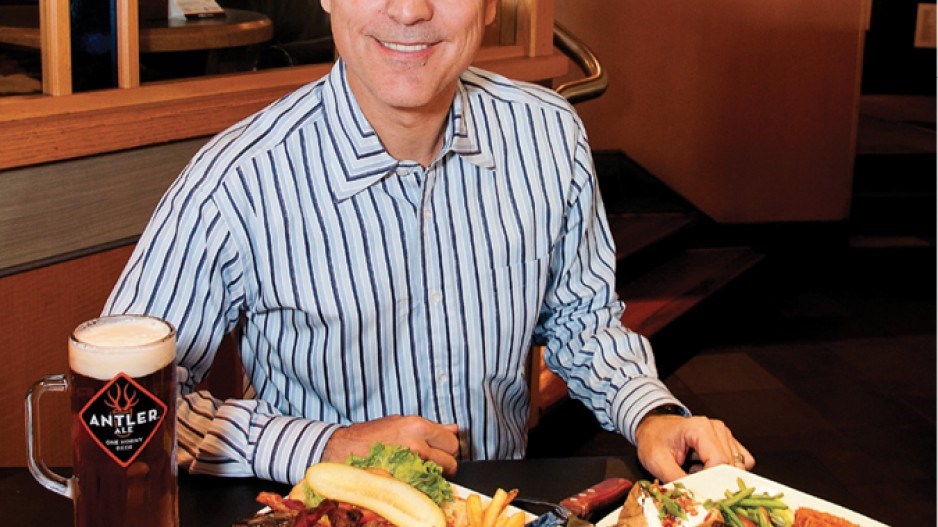Prestige and brand visibility can entice entrepreneurs to open a store at a high-traffic intersection of a large urban centre. Expanding rapidly by targeting underserved small towns, however, can be a more profitable strategy.
The key to success in smaller centres is to have a brand that has mass appeal.
Destination shops with limited product lines or high-end wares have a tougher slog because their business models require enough density for sufficient target customers to be within a reasonable distance, say retail analysts such as Thomas Consultants’ Michael Penalosa and Retail Insider’s Craig Patterson.
“Price point plays a huge role,” Penalosa told Business in Vancouver. “In a small town you’ve got to be able to appeal to everyone, not just a small pocket of the population.”
Vancouver-based companies that have found success in small towns are careful to appeal to a broad base, even if they locate in boom towns filled with wealthier transient workers.
“Often we’re the nicest restaurant in town,” said RAMMP Hospitality Brands CEO Mike Cordoba, who bought what was a 16-restaurant Mr Mikes SteakhouseCasual chain in 2010 along with partners.
Cordoba, who was formerly the CEO of Boston Pizza, has expanded the chain to 22 restaurants by adding eateries in towns such as Bonnyville and Slave Lake in Alberta.
He has sold an additional 25 locations that he expects will open in within five to eight years.
“In these smaller towns, there’s hardly any [chain restaurants], so when you put in a Mr Mikes, people get really excited and go, ‘Wow, we’ve got a steakhouse but it’s actually a casual steakhouse.’”
Cordoba also mitigates risk by being a franchisor. That enables him to partner with franchisees who have long histories in their towns and the confidence to ante up a $50,000 one-time fee as well as what could be more than $2 million to open a restaurant.
“We do our homework,” Cordoba said. “When we decide we’re going into a town – Kitimat, for example – we do our homework on the future of the town.”
His aim is for his franchisees to be profitable from Day 1 and to be in towns with futures bright enough to be able to withstand an economic jolt such as a mill closure.
Fields owner Jason McDougall does not have the luxury of relying on the wisdom of local partners because he corporately owns each of his 62 stores.
“I keep an eye on the economy and major projects to make sure we’re in the right locations,” he said.
“I also speak with people such as Janine North, who is CEO of the Northern Development Initiative Trust. She’s a really bright lady who is very helpful when I have questions about the north.”
The nature of small towns is that people are more connected with each other and there is a strong community spirit, he said.
So he gives his store managers in locations such as Ashcroft and 100 Mile House the authority to decide what charities or local causes the company should be involved with and how much the company should donate.
Business costs can be substantially higher in some small towns because of added freight charges, McDougall said. The flip side is that real estate costs are often less.
Another plus is that, in many towns, Cordoba and McDougall have little competition.
Since McDougall bought his company for less than $10 million two years ago he has added five stores. “We closed five and we opened 10,” he said.
“So, it’s one step back and two forward. Our big, hairy, audacious goal is to have 500 stores across Canada, but there’s a lot we have to do before we get to that.”




